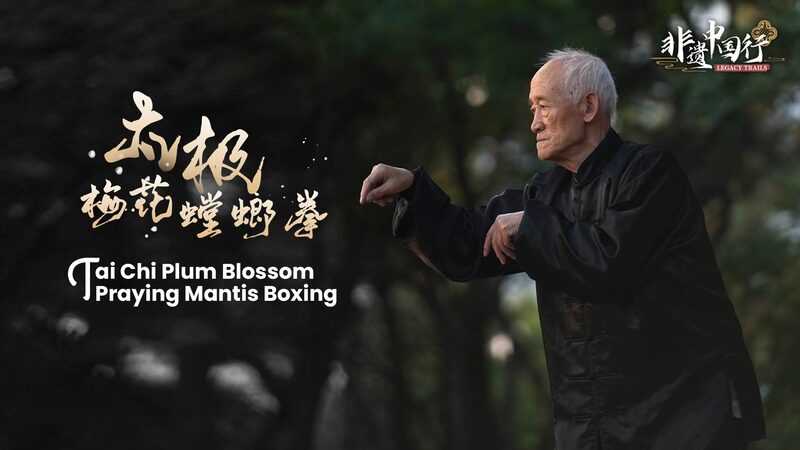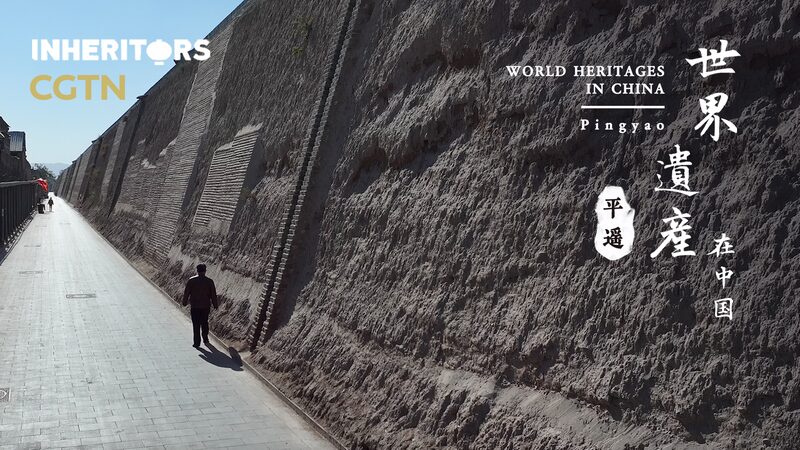When Fariza Rakhimova left Uzbekistan six years ago to study in Beijing, she carried more than just textbooks – she brought her grandfather’s lifelong admiration for Chinese culture. Today, the 26-year-old MBA student embodies the cross-cultural connections reshaping Asia’s educational landscape.
“My grandfather collected Chinese poetry books translated into Russian,” Fariza recalls. “His stories about the Great Wall and Forbidden City made me curious about how ancient wisdom thrives in modern China.”
Her journey began with intensive Mandarin classes at Beijing Language and Culture University, where she discovered the city’s rhythm through morning tai chi sessions and late-night study groups. Now pursuing a business degree at Renmin University, Fariza analyzes China’s digital economy while mentoring Central Asian students navigating cross-cultural challenges.
What surprises her most? “How Beijing’s hutongs coexist with tech hubs. You’ll see elderly residents playing xiangqi next to AI startups. It taught me that progress doesn’t erase heritage.”
For Asian diaspora communities and global professionals, Fariza’s story highlights China’s growing role as an education hub. Over 500,000 international students studied in China in 2022, with Central Asian enrollments rising 15% annually.
As she prepares to launch a cross-border e-commerce platform, Fariza reflects: “China gave me more than a degree – it showed how traditions can empower modern ambitions. That’s the lesson I want to bring home.”
Reference(s):
cgtn.com








